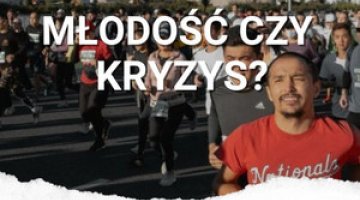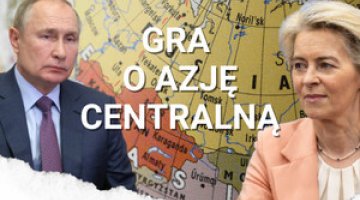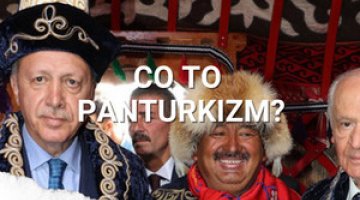Macron in Central Asia: the rise of French ambitions in the region
On 1–2 November, the French president Emmanuel Macron, accompanied by dozens of representatives of Frances’s biggest businesses, paid official visits to Kazakhstan and Uzbekistan, during which declarations were signed on expanding cooperation and continuing political dialogue (including a future upgrading of relations with Uzbekistan to a ‘strategic partnership’), and agreements were concluded on issues including further cooperation in uranium mining and French investment in renewable energy. A number of preliminary business agreements were also concluded. In addition, France has expressed its willingness to deepen cooperation on development and education; there were declarations on continued efforts to open two French universities, increase student exchanges and promote the French language.
Commentary
- Macron is the first French leader to visit the Central Asian region since 1994. Over the past 30 years, however, cooperation on raw fuels between France and the countries of the region (primarily Kazakhstan) has been intensively developed. Examples of this include TotalEnergies’ investment in oil fields and close cooperation concerning the mining of uranium: according to data from 2022, Kazakhstan accounted for 29% of the uranium procured by France, and Uzbekistan for 17%. The impetus for closer ties – as demonstrated, among other things, by Macron’s visit – was the Russian invasion of Ukraine, as a result of which both the EU as a whole and its individual member states (such as Germany) have stepped up energy, transport and trade cooperation with the countries of Central Asia. The region is also interested in developing cooperation, as evidenced for example by the visits by the presidents of Kazakhstan and Uzbekistan, Kassym-Jomart Tokayev and Shavkat Mirziyoyev, to Paris last November and Berlin this September (for more details, see ‘The ‘Central Asian Five’ in Berlin: time for a strategic partnership’).
- The main objective of Macron’s visit to Central Asia appears to be the development of cooperation regarding the mining and import of uranium to France. The risk that imports from Niger (the second largest supplier of this material to the French market in 2022) may fall, which increased after the July military coup in that country, has raised the importance of Kazakhstan and Uzbekistan. In this context, the signing of a memorandum of cooperation to import critical raw materials with Kazakhstan, together with the approval from Uzbek president Mirziyoyev to develop geological and mining work for uranium, represent tangible results from the visit. In turn, the agreements concluded in the sectors of renewable energy (a $1.4 billion wind power project in the south of Kazakhstan, in which TotalEnergies will participate) and transport (the planned construction of an electric locomotive plant by Alstom) are promoting French business interests and bringing the EU’s priorities for cooperation with the region to fruition. The visit also expresses Paris’s aspirations to play a more active role in the post-Soviet area (these include its support for Armenia, which is in conflict with Azerbaijan and has tense relations with Russia) and position France as a global leader. The latter aspect consists of its traditional cultural and educational offer, as well as presenting itself as a partner in the economic modernisation of the region (through technology transfers and development projects).
- From the perspective of Kazakhstan and Uzbekistan, Macron’s visit has expanded the Western dimension of these countries’ foreign policy courses since it increased after the Russian invasion of Ukraine. Both Astana and Tashkent see an opportunity in their cooperation with the West to strengthen their international positions – including vis-à-vis Moscow and Beijing – while at the same time attracting investment and modernisation (in terms of technology and education). They are also promoting themselves as reliable and strategic business partners (as alternatives to Russia) for the EU and its states in the area of raw materials. This has been confirmed, for example, by Kazakhstan’s role as one of France’s two most important sources of oil in recent years, and by its dynamic development of uranium cooperation with Uzbekistan. One prime example of this latter is the joint venture established last November with the participation of France’s Orano, which carried out the first uranium shipment on the eve of Macron’s visit. However, the intensification of Astana’s and Tashkent’s cooperation with the West will not mean a break in their well-established political and economic relationships with Russia and China.





